The 5 Best Roofing Companies in Fayetteville, NC for 2024
How do you find the best roofers? Ask an experienced roofing contractor who knows all the other roofing contractors in Fayetteville NC!
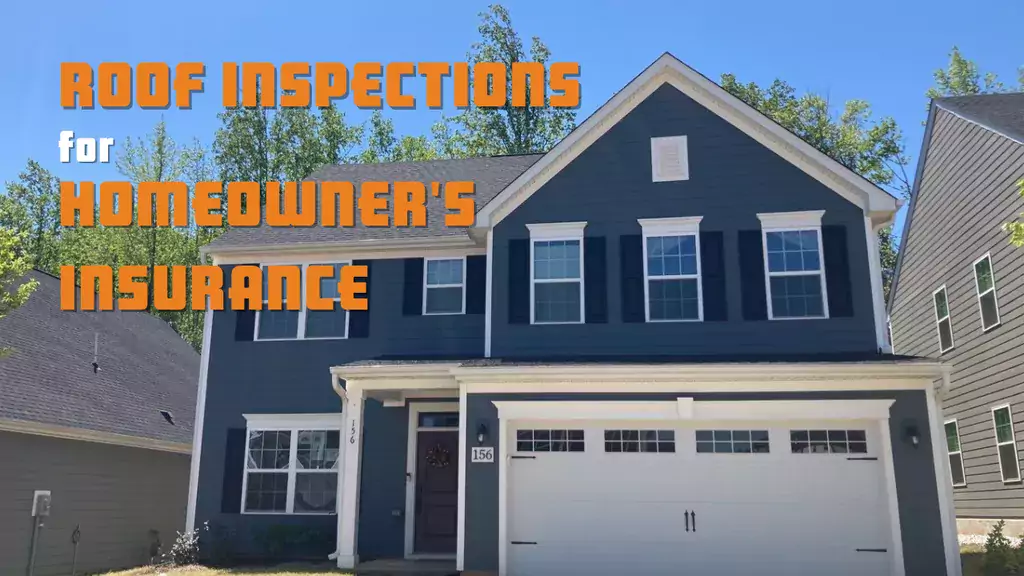
If you're dealing with a storm-damaged roof or in the process of securing a new homeowner's insurance policy, chances are you'll need a roof inspection. Now, I know a roof inspection may not seem like a big deal, but trust me when I say it can make all the difference when it comes to your insurance coverage.
So, why would your insurance company request a roof inspection? What does it involve? And most importantly, can it actually benefit your roof? Don't worry, we've got you covered. With over 30 years of experience in the roofing industry, we've conducted numerous insurance-related roof inspections. We understand that you might have questions, so we've put together this handy list of five things you should know about roof inspections and how they relate to your insurance.
We’re going to break down:
Let’s dive in!
Before we jump into the nitty-gritty of why you need a roof inspection for your insurance claim, let's talk about what a roof inspection actually entails. A roof inspection is when a roofing contractor thoroughly examines your entire roof for any signs of damage, decay, and overall condition. It's a crucial step in ensuring the longevity of your roof.
During a roof inspection, the contractor will check various elements of your roof, including:
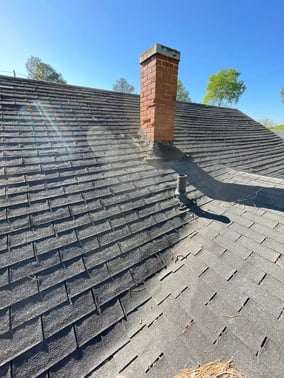
In addition to these elements, the contractor will also look for leaks, signs of mold, and rust. These issues can negatively impact your insurance claim, so it's essential to establish a regular inspection schedule to keep your roof in top shape.
Now, let's talk about the benefits of getting a professional roof inspection. Depending on the condition of your roof, an inspection can work either for or against you when it comes to filing an insurance claim. 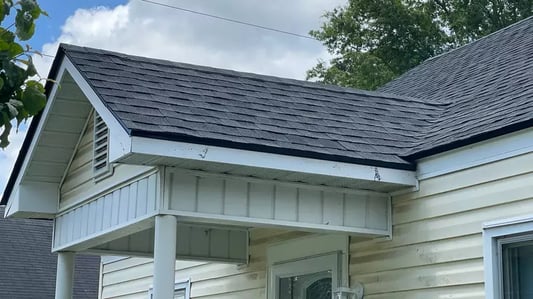 Here are some of the advantages you'll gain from a professional inspection:
Here are some of the advantages you'll gain from a professional inspection:
Professional inspections not only ensure that your roof remains in excellent working condition but also add to your home's curb appeal and value. If you ever decide to sell your house, a well-maintained roof can be a significant selling point.
You may have heard the term "roof certification" when it comes to insurance coverage for older homes. But what exactly is a roof certification, and how does it differ from a roof inspection? Well, a roof certification is not the same thing as a roof inspection, but it does require an inspection by a licensed roofing professional.
While an inspection is conducted to identify any current roofing problems, a certification provides an assessment of your roof's overall condition and estimates its remaining lifespan. Insurance companies may request a roof certification to assess liability and risk before offering coverage for your roofing claim.
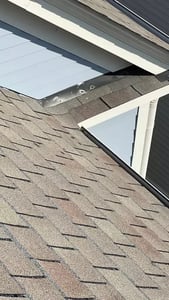 Now, you might be wondering why insurance companies request roof inspections in the first place. The truth is, roofs don't last forever. Even the highest quality roofs will eventually deteriorate over time. Factors such as the type of roofing material, the skill level of the contractor, and exposure to severe weather all contribute to the lifespan of a roof.
Now, you might be wondering why insurance companies request roof inspections in the first place. The truth is, roofs don't last forever. Even the highest quality roofs will eventually deteriorate over time. Factors such as the type of roofing material, the skill level of the contractor, and exposure to severe weather all contribute to the lifespan of a roof.
Insurance companies want to minimize their financial risk and maximize their profits. As your roof ages, the likelihood of developing issues that could jeopardize the insurer's finances increases. That's why when you apply for a new insurance policy or renew an existing one, the insurance company may request an inspection and certification to ensure your roof is in good condition.
Your insurance company may also request a roof inspection to prevent overpaying for potential roof damage. Here are some situations that could trigger an inspection request:
The premiums you pay for your roof insurance policy will be influenced not only by the condition and age of the roof but also by the type and quality of materials used. Poorly installed roofs with low-quality materials generally cost more to insure. Additionally, if your roof has a history of repairs or requires frequent repairs, your insurance premiums are likely to be higher.
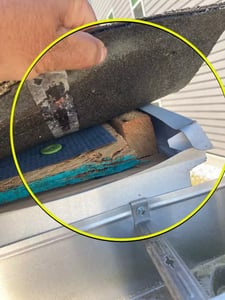
During an insurance inspection, a certified roofer will thoroughly examine your roof to identify any existing or potential issues that could affect its integrity. The inspection typically covers three main areas:
Structural Inspection: The roofer will evaluate the overall structure of your roof, checking for uneven roof planes, signs of sagging, and the condition of the soffit, fascia, and gutter system. They will also inspect masonry chimneys for cracks, crumbling grout, and chimney cap damage.
Material Inspection: This involves checking for loose, missing, or curled shingles, as well as signs of rust stains, moss and algae growth, water damage, and granule loss. The condition of pipe boots and roof flashing will also be assessed.
Interior Inspection: The inspector will examine the ceilings, attic, and walls inside your home for any signs of current or past roof leaks and damage.
Once the inspection is complete, you'll receive a detailed report that can be submitted to your insurance company.
Now that you understand why insurance companies request roof inspections, you're probably wondering how to ensure your roof passes the inspection with flying colors. Inspections are just one part of maintaining the health and safety of your roof. Regular roof maintenance is key to preventing problems and keeping your roof in excellent condition.
On Tops Roofing has been inspecting roofs and helping homeowners through the insurance process since 1991! Whatever your roofing project requires, We’re on it!

How do you find the best roofers? Ask an experienced roofing contractor who knows all the other roofing contractors in Fayetteville NC!
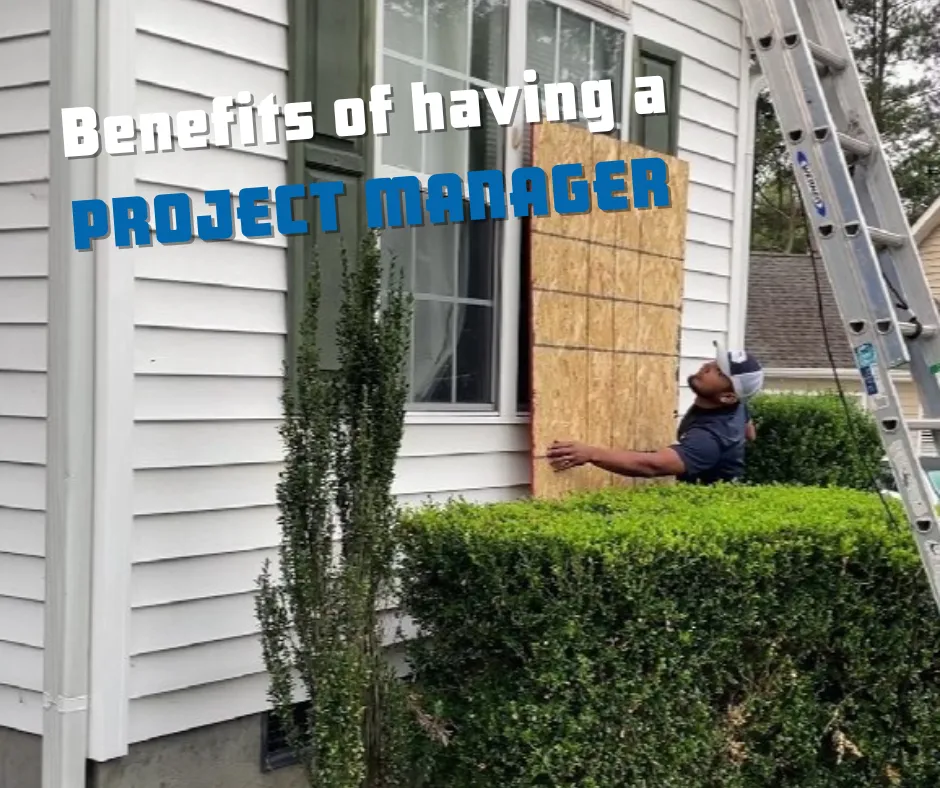
A roof replacement is a substantial undertaking, and the key to a successful project often lies in the hands of the project manager. This individual...
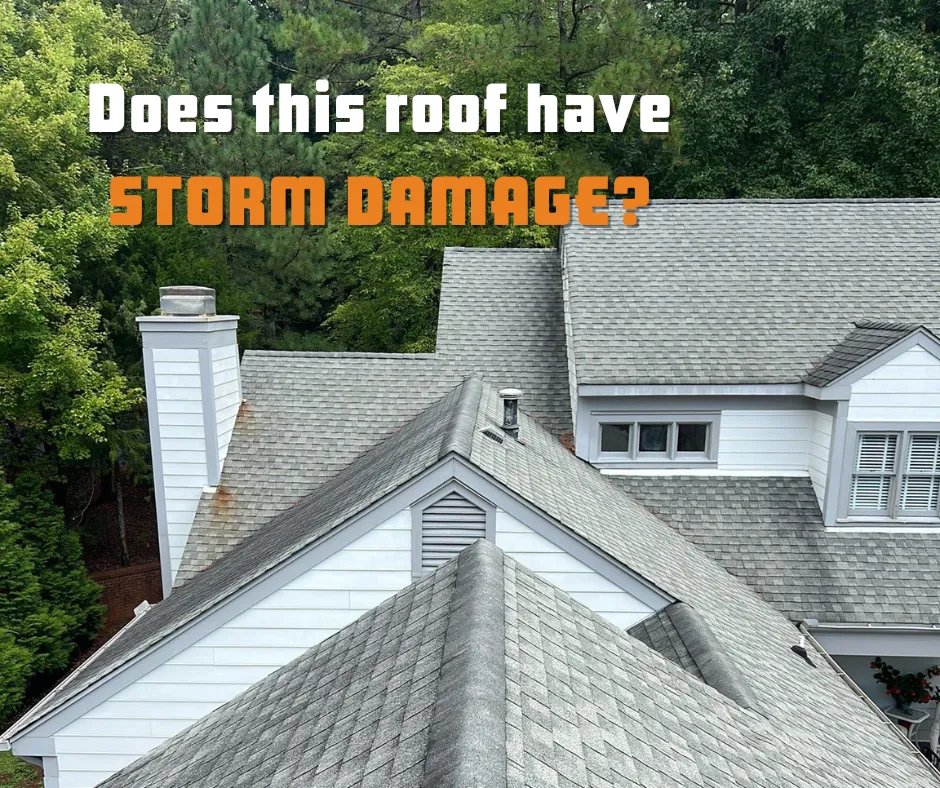
If you’ve recently experienced a storm, you should probably take some time to investigate your roof for signs of damage left by that storm.